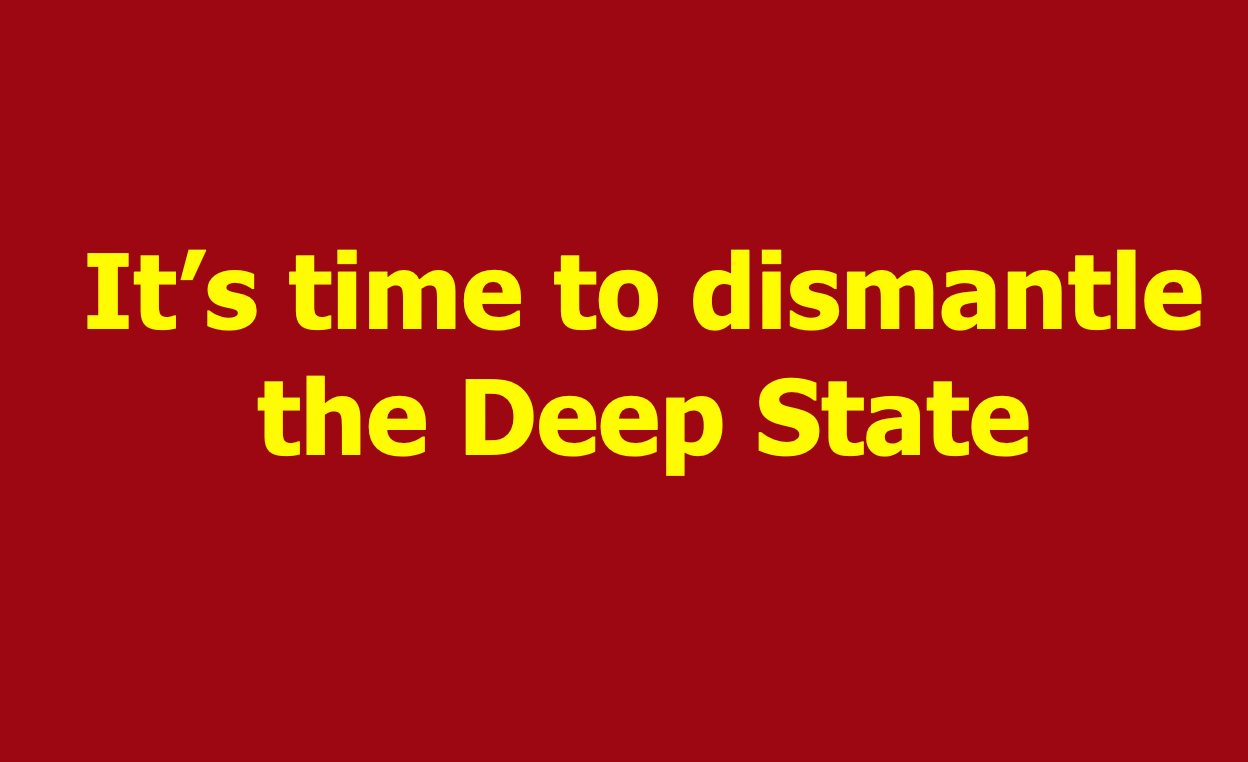Trump to dismantle the Deep State. At long last we may have a thousand years of civilisation.
Australia must do the same, other the current authoritarians will become full-blown dictators given time.
Keep reading with a 7-day free trial
Subscribe to Ian Brighthope's Substack to keep reading this post and get 7 days of free access to the full post archives.




